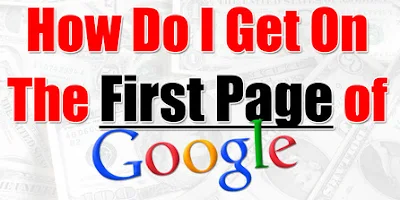Latent Semantic Indexing (LSI) is a mathematical method used to determine the relationship between terms and concepts in content. The contents of a web-page are crawled by a search engine and the most common words and phrases are collated and identified as the keywords for the page.
LSI looks for synonyms related to the title of your page. For example, if the title of your page was “Classic Cars”, the search engine would expect to find words relating to that subject in the content of the page as well, i.e. "collectors", "automobile", "Bentley", "Austin" and "car auctions".
When you search an LSI-indexed database, the search engine looks at similarity values it has calculated for every content word, and returns the documents that it thinks best fit the query. Because two documents may be semantically very close even if they do not share a particular keyword, LSI does not require an exact match to return useful results. Where a plain keyword search will fail if there is no exact match, LSI will often return relevant documents that don't contain the keyword at all.
Latent Semantic Indexing is not rocket science, it is simple common sense. Here are some simple guidelines:
Source: Search Engine Journal
LSI looks for synonyms related to the title of your page. For example, if the title of your page was “Classic Cars”, the search engine would expect to find words relating to that subject in the content of the page as well, i.e. "collectors", "automobile", "Bentley", "Austin" and "car auctions".
When you search an LSI-indexed database, the search engine looks at similarity values it has calculated for every content word, and returns the documents that it thinks best fit the query. Because two documents may be semantically very close even if they do not share a particular keyword, LSI does not require an exact match to return useful results. Where a plain keyword search will fail if there is no exact match, LSI will often return relevant documents that don't contain the keyword at all.
What Is Latent Semantic Indexing, and How Will It Boost Your Overall SEO Strategy?
Latent Semantic Indexing is not rocket science, it is simple common sense. Here are some simple guidelines:
- If your page title is Learn to Play Tennis, make sure your article is about tennis.
- Do not overuse your keywords in the content. It could look like keyword stuffing and the search engines may red flag you.
- Never use Article Spinning Software – it spits out unreadable garble.
- If you outsource your content, choose a quality source.
- Check Google Webmaster Tools and see what keywords your pages are ranking for.
Source: Search Engine Journal


